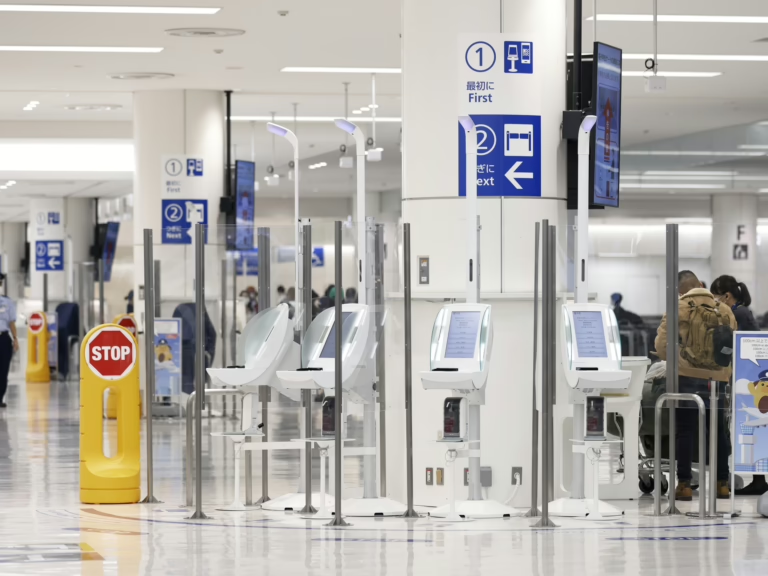False information and populist discourse spark concern, leading to the cancellation of a cultural program aimed at fostering international connections.
Published On 25 Sep 2025
Japan’s international aid organization has decided to terminate a cultural exchange program with African nations following a wave of misinformation online that triggered widespread public concern and fears over immigration.
The Japan International Cooperation Agency (JICA) revealed on Thursday that it would discontinue the Africa Hometown initiative, a move experts say highlights how fabricated news and nationalist rhetoric can influence migration-related policies.
Although Japan enforces some of the most stringent immigration regulations globally, there has been a noticeable rise in anti-foreigner sentiment, even as the country grapples with a declining labor force that threatens its economic future.
The Africa Hometown project connected four Japanese regional cities with communities in four African countries, aiming to foster cultural exchange and skills development. Importantly, the program was not associated with visa issuance or immigration pathways.
The controversy was fueled by a mistaken statement from the Nigerian government regarding a “special visa category,” which sparked a series of unfounded rumors online.
Opponents of Prime Minister Shigeru Ishiba accused him on social media platforms of orchestrating a plan to admit “millions of Africans and Kurds” into Japan.
Before being disproven, these allegations gained traction, amplified by Elon Musk, the US-based billionaire and owner of X, who has increasingly used the platform to disseminate such narratives. Critics have accused him of promoting far-right ideologies to meddle in foreign political affairs.
Regarding the Japanese cultural program, Musk tweeted: “If this continues, there will be no Japan, just some islands where Japanese people used to live.”
The backlash overwhelmed local governments, forcing them to halt regular activities as they dealt with a flood of grievances.
JICA President Akihiko Tanaka acknowledged that the negative response had placed immense pressure on the municipalities involved.
“The reactions stemmed from misunderstandings and confusion,” Tanaka explained to reporters in Tokyo. “Therefore, the Africa Hometown program will be terminated.”
Local news outlets reported that one city received up to 200 angry phone calls daily.
Tanaka emphasized that JICA remains committed to international cooperation, including partnerships with African countries, but clarified that the agency “does not handle immigration matters.”
While policymakers recognize the need for increased foreign labor due to Japan’s aging population, they continue to approach permanent immigration reforms with caution.
Despite immigrants constituting only about 3 percent of the population, the nationalist “Japanese First” Sanseito party has gained momentum by advocating for stricter border controls.

















